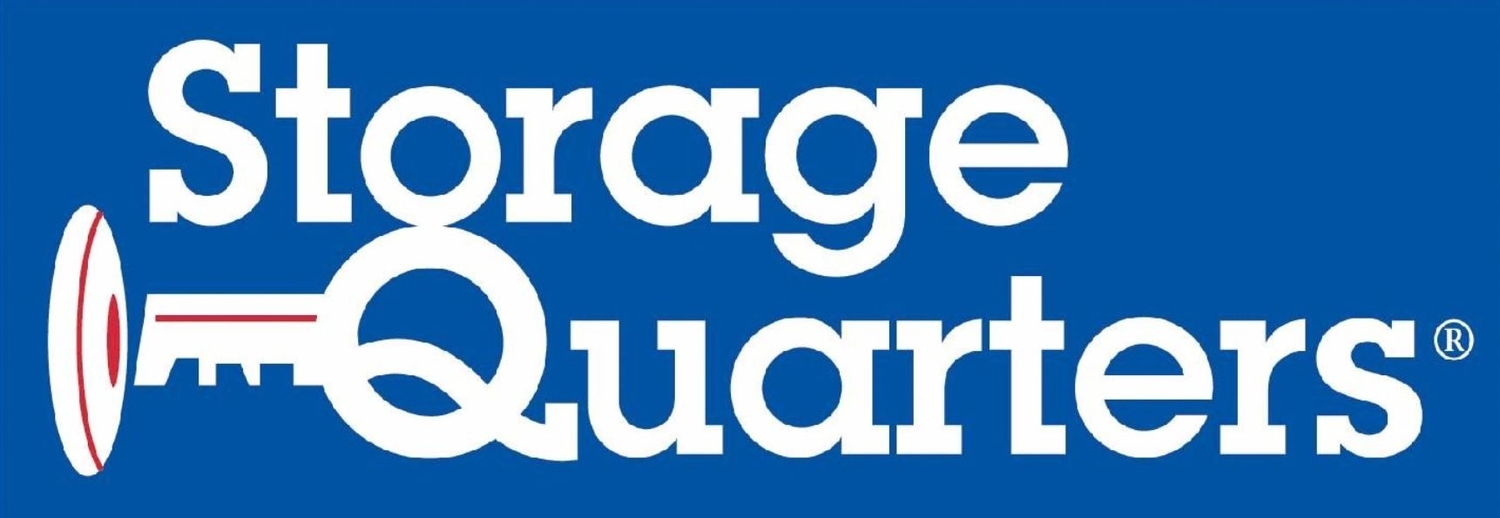Starting in the U.S. in 1995 as National Records and Information Management Day, all of April has become an entire month, recognized internationally, for spring cleaning and reorganizing vital information records. It's a yearly reminder to look at your document and record management procedures and make adjustments to maintain security and efficiency.
Why Is Records and Information Management Important?
Throughout the life of any business, it’s essential to provide evidence of the various communications, decisions, and expenditures. As important as it is to have those informational records available, it’s equally important to have them organized so you can access them easily.
What are the Functions of Records Management?
Essential functions in records management include many activities vital to your business.
The primary functions are:
Creation: The beginning of the cycle is when information is created.
Classification: This explains why it is being saved and is crucial.
Storage: This includes storing physical records in a secure facility and storing digital records in an electronic document management system so you can retrieve them efficiently.
Maintenance: Maintenance sets the schedule for how long a record must be kept and maintained to comply with various retention laws and best practices.
Disposition: Ensure no longer needed files are safely and appropriately destroyed. Shredding is commonly used for paper documents, while physical destruction is recommended for electronic records.
What is the Difference Between Records Management and Information Management?
Information management, or sometimes information governance, refers to the framework businesses follow to manage information and make sure they comply with various industry regulations regarding the creation, storing, and organization of company records and documentation.
Records management is focused on how a business manages physical and digital records throughout its lifecycle, from creation to its proper disposal. Records management is under the general umbrella term of information management.
What are Examples of Types of Records?
Any information sent, received, or created can potentially be a record. Any print or digital document that proves a transaction occurred. Here are just a few examples:
Any information sent, received, or created can potentially be a record. Any print or digital document that proves a transaction occurred. Here are just a few examples:
Emails
Reports
Databases
Samples and objects
Letters
Minutes
Photographs
Social media sites
Taxes
Spreadsheets
Maps and plans
Information in business systems
Text messages
Policy and briefing papers
Research data
Why Keep Records and Documents?
It’s important because often, you need to be able to prove something happened. Your information records and documents provide evidence of activities, decisions, and transactions. You can also use them to track personal or business growth. In the event of an IRS audit, you may need to provide proof of your earnings and deductions.
You’ll need to keep track of your medical records for your own sake as your history can help dictate your future diagnoses and treatment. The world runs on paperwork, and having a good sense of recordkeeping can help you in the long run.
Storage Quarters Provides Trusted Record Storage And Digitization Services
Storage Quarters has over 35 years of experience serving businesses of all sizes in the greater New York City area. Whether you’re working from home or in an office, Storage Quarters has a variety of services to keep your information safe and secure through our professional scanning and digitizing services, secure document shredding services, and more. We’re here to help declutter your office safely and securely. Contact us today for a free quote on our available services to help your business.

